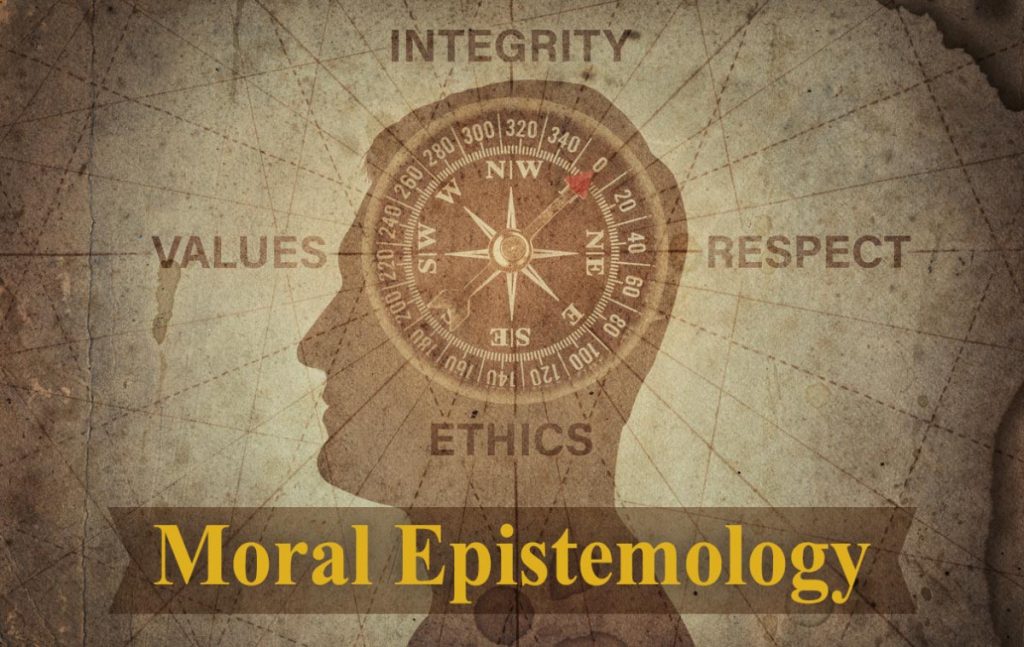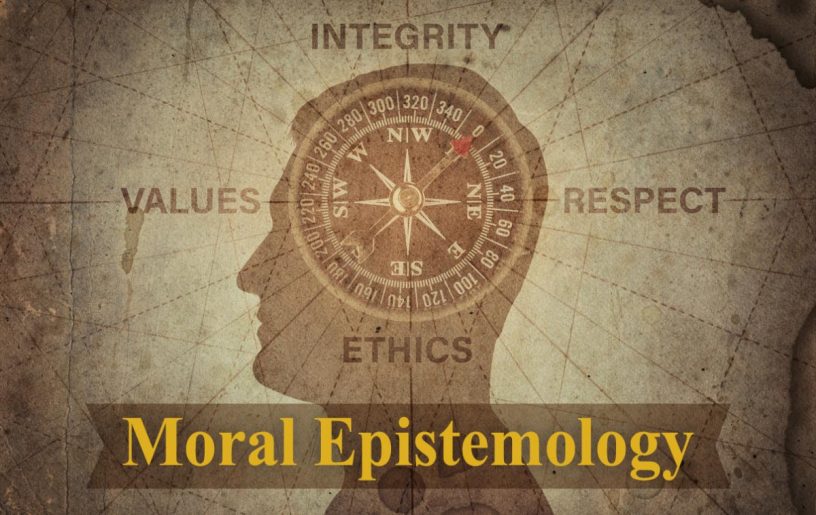
The paper tries to show that neither normativity nor emotions appear to be robust enough to create a distinct epistemology.
Author
Sushruth Ravish, Assistant Professor, Jindal Global Business School, O.P. Jindal University, Sonipat, Haryana, India
Summary
Moral epistemology (henceforth ME) has been spoken of as a subject matter in its own right by philosophers in the last few decades and yet the delineation of ME as a sub-discipline remains uncharted. Many eminent scholars with rich contributions have not explicitly defined the scope or demarcation of this emerging field. Drawing from their writings, the paper tries to show that philosophers working on ME either conceptualise it as an application of epistemology to moral beliefs or as encompassing issues of epistemic access to moral truths. The paper contends that such conceptions of moral epistemology are not rigorous enough to warrant a discrete sub-discipline.
This puts the paper in disagreement with those scholars who justify the creation of a subject-specific ME. David Copp and Todd Stewart figure prominently among such attempts. Copp and Stewart justify ME to be a separate epistemology, by alluding to the normative nature of moral beliefs, and through the introduction of emotions into the mix, respectively.
The paper tries to show that neither normativity nor emotions appear to be robust enough to create a distinct epistemology. The predicament of moral epistemologists arises from the fact that while the practitioners seem to be keen on establishing ME as a discrete sub-discipline, they end up subsuming it under a general epistemology and fail to justify the need for such a subject-specific epistemology. The only way out of this quandary, the paper asserts, is to treat ME more as a methodological project that involves extending general epistemic tools to moral beliefs as a specific case, and not as a specialised topic-specific epistemology.
(The author was affiliated with the Department of Humanities and Social Sciences, IIT Bombay, Mumbai, at the time of research)
Published in: Journal of Indian Council of Philosophical Research volume 36, pages 265–279 (2019)
To read the full article, please click here


